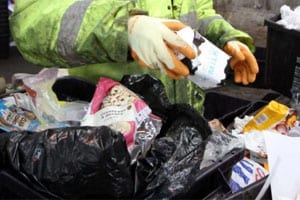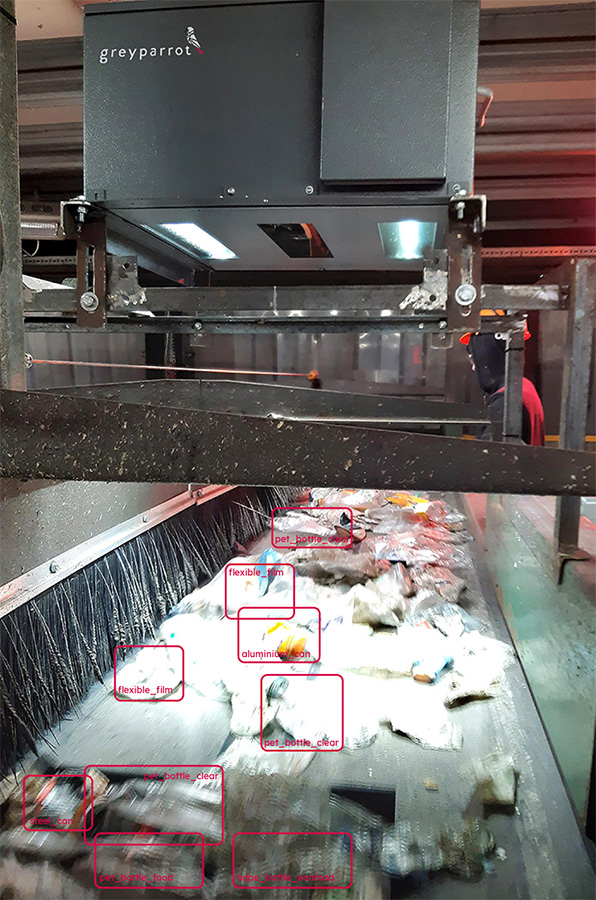In a report published today (May 28), called The Composition of Mixed Waste from Scottish Retail, Education and Health and Social Work Businesses, Zero Waste Scotland found that of the estimated 372,026 tonnes of waste to be disposed per annum of across the three sectors over a quarter of it could be widely recycled and more than half was potentially recyclable.

The report is thought to be the first detailed analysis of commercial waste in Scotland and covers the selling, maintenance and repair of motor vehicles, wholesale and retail; education; and, health and social work sectors. According to Zero Waste Scotland, the sectors are collectively responsible for producing more the 50% of Scotlands total mixed commercial waste.
The publication of the report comes less than a month after the Scottish Government approved the Waste (Scotland) Regulations which will see businesses forced to separate paper, card, plastic, glass and metals for recycling by January 2014 (see letsrecycle.com story).
The materials most commonly found by the study in the mixed waste bins were food, paper and card. Other materials such as glass, plastic and cans also appeared, but in lower quantities.
Research
The research in the report took place between December 2010 and March 2011 and consisted of 1,053 telephone interviews, 863 on-site audits and the removal and compositional analysis of mixed waste from 681 business units.
Commenting on the findings Iain Gulland, director of Zero Waste Scotland, said: While many businesses already recycle much of their waste, there are still valuable materials ending up in landfill. Given these findings, it is clear that new waste regulations could boost our economy by getting valuable materials out of landfill and into productive uses.
Also, reducing waste in the first place is a quick, easy win for businesses. Simple actions like avoiding food waste could save businesses in our motor, wholesale and retail sector 30million per annum, thats an average of 800 for every business.
Story continues below…

Findings
The study also found that almost three quarters of businesses report that they recycle or reuse at least some of their waste, however Zero Waste Scotland has said that there are opportunities for businesses to do more to encourage employees to use recycling facilities.
Other findings from the report include:
- The Scottish motor, wholesale and retail sector throws nearly 30million of whole or unused food straight in their general waste bin;
- Scottish educational establishments of all kinds send over 120 tonnes of unused paper to landfill each year, worth around 460,000;
- The Scottish health and social care sector send more than 30,000 tonnes of paper waste to landfill. Including newspapers, magazines, and unused A4-type paper, over 80% of this is potentially recyclable;
- Disposing of over 372,000 tonnes of mixed waste has cost businesses across all three sectors more than 20million in landfill tax last year (2011/12), a cost which could be reduced by minimising waste and recycling more.
Tool
Related links
The publication of the report coincides with the re-launch of Zero Waste Scotlands Business Re-use and Recycling Directory an online tool designed to make it easier for businesses to find local recycling and reuse organisations.
Commenting on the online tool Mr Gulland said: Zero Waste Scotland can help businesses identify ways to save money by reducing waste. Our Business Re-use and Recycling Directory, which has recently been updated and improved, is also a great online resource to help businesses identify services in their local area. Helping businesses, local authorities, and the waste management sector adapt to changes required to meet new regulations is a priority for us.









Subscribe for free